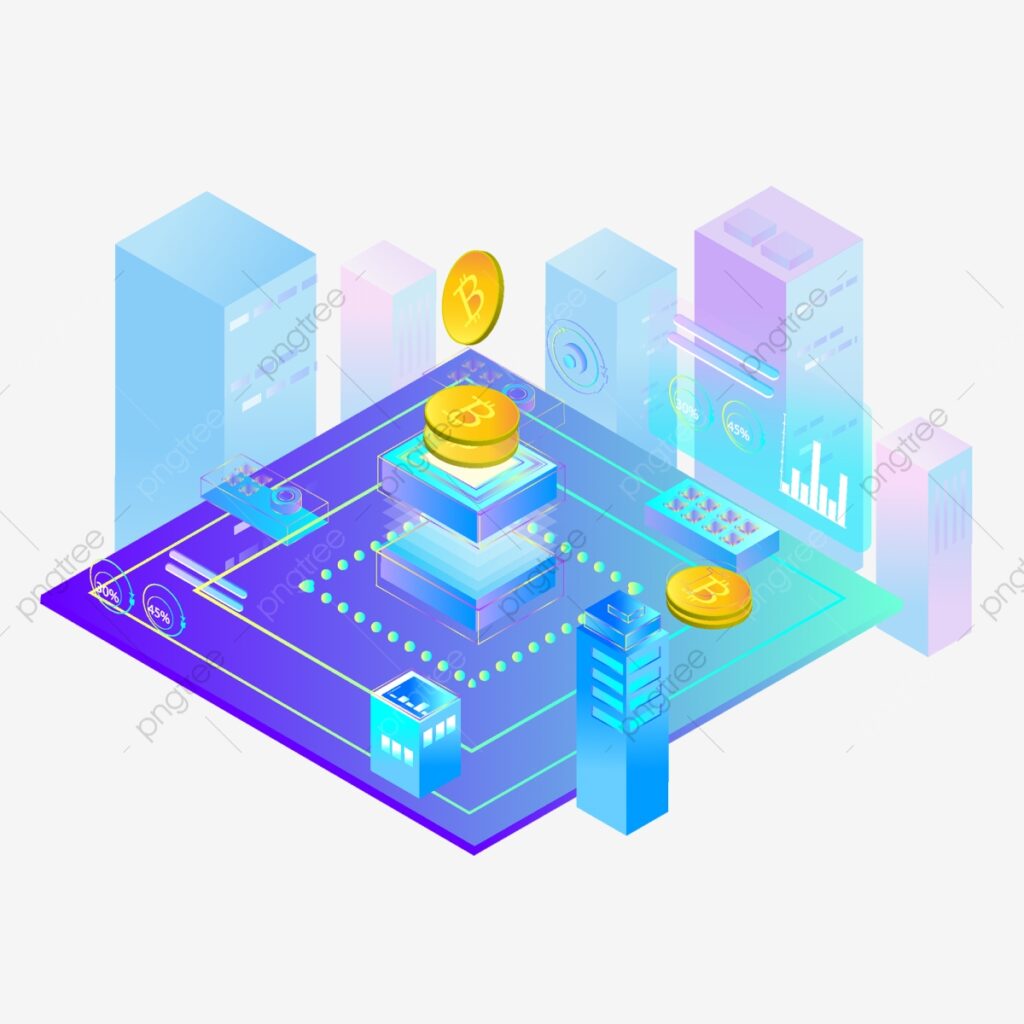Welcome to the CUNY Digital Currency Initiative!
We are here to make sense of the blockchain and provide an open, inclusive platform for CUNY students and faculty to understand, collaborate, and develop blockchain-related applications for enagaging with the new web.

What on Earth is a Blockchain?
To put it plainly, blockchain is a system of recording information in a way that makes it difficult or impossible to change, hack, or cheat the system.
This technology allows users to make instant transactions on a system without the requirement for (or cost of) a central party.
So, all the transactions will be recorded (such as date, time, and purchase amount), and each party on a blockchain has access to the entire database and its complete history. That’s what makes this technology reliably transparent and trustworthy– which makes it essential since it reduces any need for checks and balances.
The Perks of Adopting The Blockchain
Most individuals or organizations engage with blockchain technology because of the benefits it can bring. This technology offers unique opportunities for each party on the network, such as:
#1. Tighter security
The decentralization on the blockchain provides more protection than traditional transaction processes since there’s no central server for hackers to attack.
#2. Faster and cheaper transactions
Since blockchain technology eliminates the need for mediators or any third parties, it can provide a quicker and less expensive way to share crucial and confidential data or personal information.
#3. Transparency among all parties involved
Blockchain records each step of the transaction in a block, complete with a complex alphanumeric hash code– making the network transparent. Every transaction and changes made on the network are visible and clearly transparent for every party involved.
Who Can Use Blockchain?
Because blockchain offers a highly secure, tamper-resistant transaction, this makes some companies from various industries (that focus on security and protection on sensitive data) rely on this technology as the foundation for their products. Companies like this may include:
- Cryptocurrencies
- Logistics and transports
- Trading platforms
- Healthcare services
- Financial services
- Payment Gateways
What’s even more interesting is that some governments (in the United States, United Kingdom, Estonia, Switzerland, Georgia, and others) are also using blockchain technology to build better public services.

